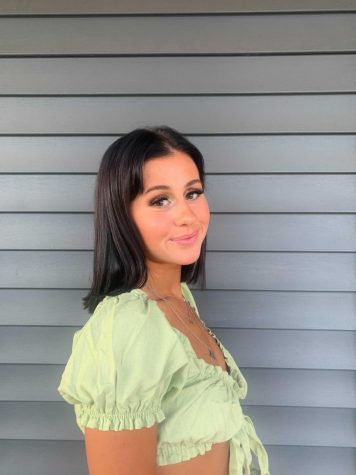Two WSU students reflect on experience contracting COVID-19
One student thinks COVID-19 virus is much bigger than ourselves, can affect others for an extended period of time
Junior advertising major Aliyah Stalder was diagnosed with COVID-19 late last September.
February 25, 2021
COVID-19 took quite a toll on the WSU Pullman campus earlier this school year, sweeping through many students, causing the National Guard to step in to help at one point. Two students share their experience with contracting the virus, explaining how it changed their outlook on not only the pandemic but their life as well.
Junior advertising major Aliyah Stalder said she was diagnosed with COVID-19 late last September.
“I got it at the same time as my roommate, and I lost my taste and smell for five weeks,” she said.
Stalder said her roommate has not yet fully regained her taste.
Stalder said she was extremely cautious before contracting COVID-19. She was nervous to get it and spread it to others. She thinks the virus is much bigger than ourselves, and everyone should treat it as such.
“I was a TA for my [hospitality business management] professor, which is a wine tasting class, and we had to go to Mary Cellars together,” Stalder said. “We had to be in his office and his kids came, and it made me nervous because I didn’t want to end up being the reason that someone else got COVID-19.”

Online learning proved to be difficult when Stalder was battling the virus. She said she wanted to sleep all day and night, making it hard to attend class and paying attention.
Sophomore chemistry major Grayson Gain also experienced this problem when she contracted COVID-19.
“You’re just super sick and drowsy and sluggish and unmotivated,” she said.
Stalder and Gain both had friends whose symptoms required a hospital visit.
“Think about the bigger picture and be more considerate,” Gain said. “Think less about yourself and more about the good of the community.”
Gain said getting the virus made it easier to conceptualize what it meant for the WSU community as a whole, and if anything, it made her upset and nervous that COVID-19 was so easily spreadable.
It is easy to prevent the spread of COVID-19, but it is also easy to contract. Stalder said she wants to remind people that the butterfly effect is real: one person’s actions can affect many others for an extended period of time.











